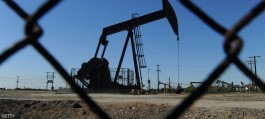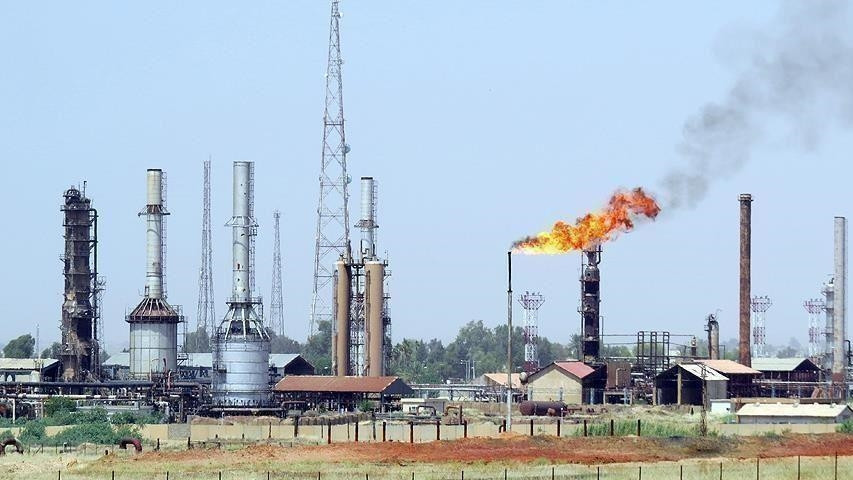Oil prices rose on Friday, but suffered a third consecutive weekly loss, after recording a sharp decline earlier in the week ahead of decisions to raise interest rates by major central banks and on fears that the banking crisis in the United States will slow the economy and decline in demand for oil.
Brent crude closed up $2.80, or 3.9 percent, at $75.30 a barrel. US West Texas Intermediate crude rose $2.78, or 4.1%, to settle at $71.34 a barrel, after falling for four days to its lowest since late 2021.
Brent crude ended the week down about 5.3 percent, while WTI plunged 7.1 percent, even though they rebounded on Friday. Both benchmarks fell for three consecutive weeks for the first time since November
Dennis Kessler, senior vice president at BOK Financial, said Crude is trying to reverse the recent downward trend in prices caused by high interest rates and fears about recession, especially in the banking sector.
Some analysts believe that the fundamentals in the physical market are stronger than the futures market indicates.
A better-than-expected US jobs report helped allay fears of an impending recession, which were partly caused by renewed banking concerns. Investors widely expect the Federal Reserve (the US central bank) to pause interest rate hikes at its June monetary policy meeting.
But factory activity in China contracted unexpectedly in April as orders fell and the manufacturing sector was hit by weak domestic demand.
But expectations of possible supply cuts during the next meeting of the OPEC + group of producing countries in June provided some support for prices, said Kelvin Wong, senior market analyst at OANDA in Singapore.






































